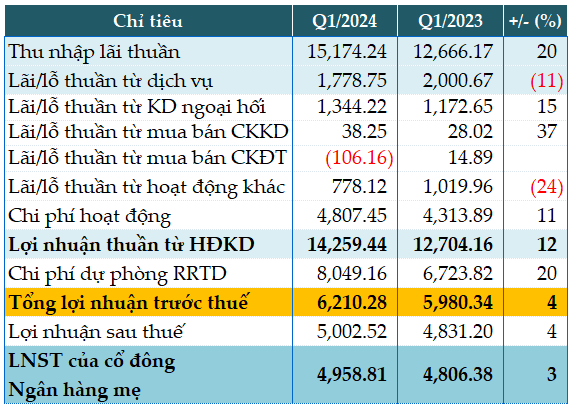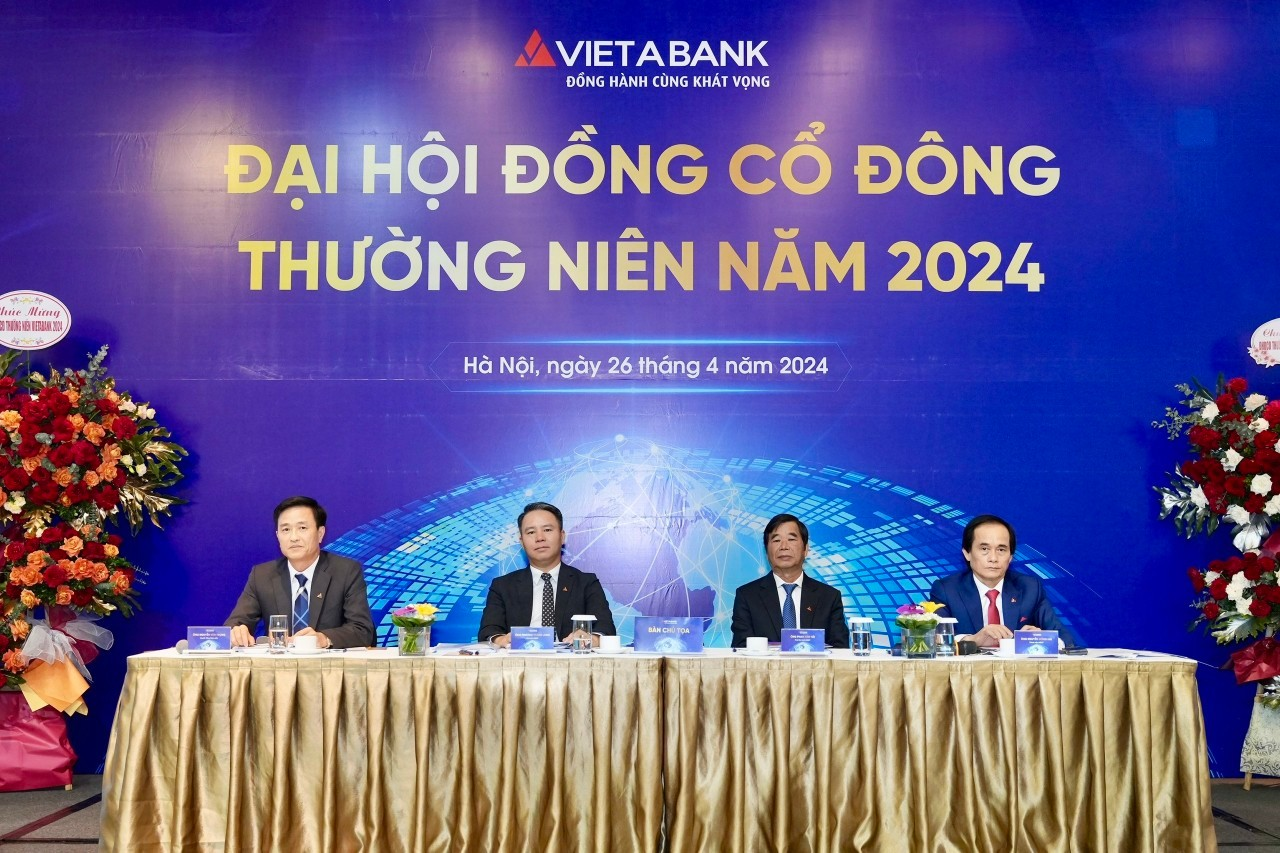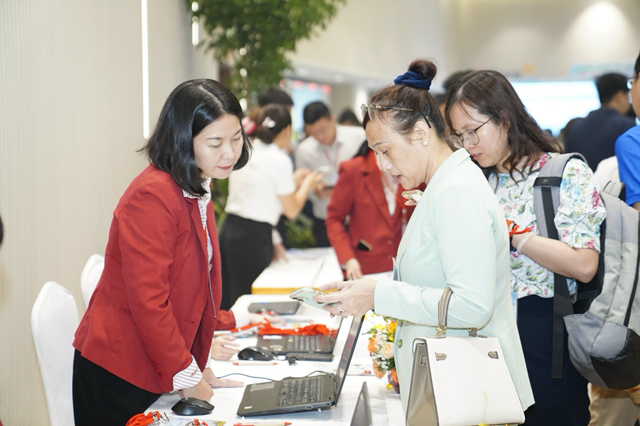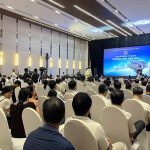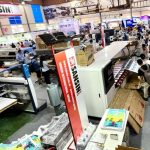Over the past decade, Vietnam’s dairy cow farming industry has seen significant leaps in both quality and quantity, particularly since the involvement of TH Group. Under the leadership of labor hero Thai Huong, TH Group has invested vigorously and synchronously to apply the world’s leading modern technologies in cultivation, dairy cow farming, and milk processing, focusing on product quality with the criteria of “completely natural” and “For the health of the community”.
Not only pioneering the import of large quantities of purebred high-productive dairy cows from “dairy superpowers” to Vietnam, TH Group is also the first unit to research and apply technology for self-sufficiency in dairy cow breeding, achieving admirable achievements. Mastering the technology of breeding is not only a good sign for the dairy cow farming sector in Vietnam but also an important step towards self-sufficiency in dairy cow breeds, implementing the strategy for the quantity and quality development of dairy cow herds in the development strategy of the Ministry of Agriculture and Rural Development (MARD).
Targeting 700,000 dairy cows and 2.6 million tons of fresh milk
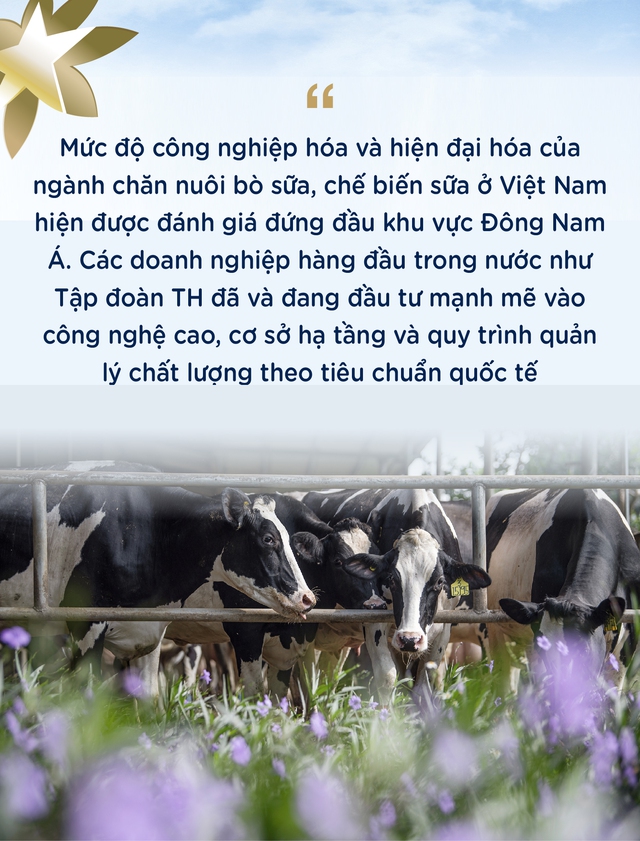
The livestock development strategy for the period 2021-2030 and vision to 2030 approved by the Prime Minister clearly states the sustainable development goals of Vietnam’s dairy cow farming industry. Accordingly, the total number of herds is expected to reach 700,000, with a production of 2.6 million tons of fresh milk in 2030. This is an ambitious target but there are many grounds for its implementation. Especially when many great opportunities are being expanded with the strong participation of pioneering enterprises with both determination and capabilities like TH Group.
Currently, with the appearance of a clean fresh milk producer applying high technology in farming and processing, TH Group, the industrialization and modernization level of Vietnam’s dairy cow farming and milk processing industry is considered the leading one in Southeast Asia. Many modern technical advances in herd management, farming, production, and milk processing have been heavily invested in and successfully applied in Vietnam by TH Group. With infrastructure and quality management processes according to international standards, TH has contributed to increasing productivity and affirming the quality of Vietnam’s clean fresh milk products on the world milk map.
However, not everyone knows that the issue of dairy cow breeds used to be a barrier for Vietnam’s dairy cow farming industry. Before TH Group initiated and took the lead in investing in large-scale purebred dairy cow farming, Vietnam had to import mainly dairy cows from Cuba, New Zealand, and Australia – many F1, F2 crossbred dairy cows of poor quality and low milk production, causing losses for farmers…
In 2009, when the first farm was completed, TH took the lead in importing high-quality purebred HF dairy cows from New Zealand, later from the US and countries with developed dairy cow farming. With high technology and a complete, advanced, and well-managed herd production process, from “green pastures to clean milk glasses”, TH’s purebred HF cows at that time reached a milk yield of 9,000 liters/head/180 days. This milk yield has continued to be improved through upgrading the quality of breeding cows. At present, the average milk yield at TH’s farm can reach nearly 11,000 liters/head/180 days.
Mastering difficult technologies, which have never been successfully applied in practice in Vietnam, TH True Milk is self-sufficient in dairy cow breeds
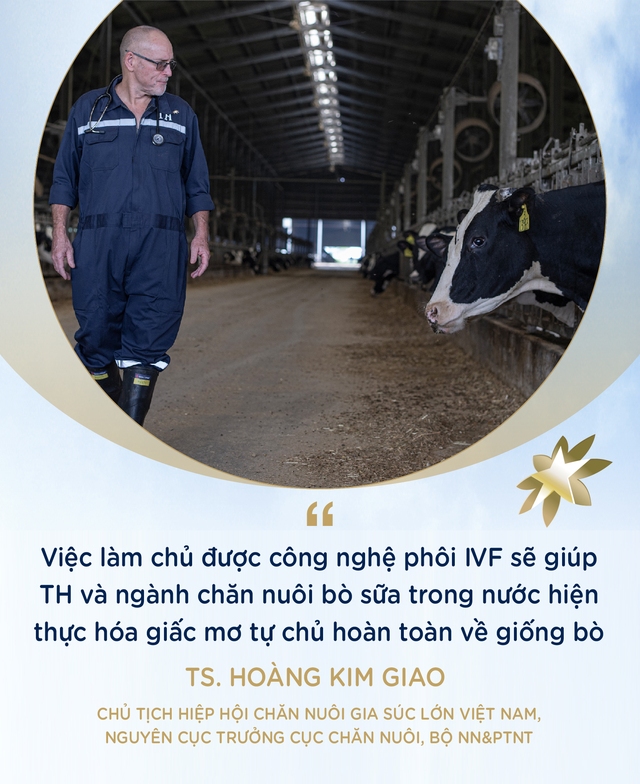
Since late 2015, early 2016, TH has begun to cooperate with partners from the US to import frozen embryos and transfer in-vivo production technologies. This cooperation has opened up new opportunities for rapidly increasing herd performance while still preserving valuable genetic sources.
In 2019, TH took another step forward by selecting ABS, the world’s leading company in dairy cow genetics and breeding, to transfer in-vitro fertilization (IVF) technology to dairy cows. This not only affirms TH’s pioneering position in Vietnam’s dairy cow farming industry but also creates a significant competitive advantage for TH.
Dr. Hoang Kim Giao – Chairman of the Large Livestock Farming Association of Vietnam, former Director of the Livestock Department (MARD) affirmed that IVF technology – considered the “intellectual property of the world” in this field, has been applied in developed countries for many years. Mastering in vitro fertilization technology will help TH and the domestic dairy cow farming industry realize the dream of complete self-sufficiency in dairy cow breeds.
In Vietnam, in vitro fertilization for cattle has also been implemented by some units such as research institutes, large universities but still at the research level. As for dairy cows and its application in practice, until now, TH Group has been the only enterprise gathering all the necessary factors: having modern, high-tech livestock farms; close to 70,000 dairy cows with individuals of good genetic potential; a set of modern and synchronous, high-tech equipment; large raw material fields – successfully implemented on a large scale…
Opening up the future, enhancing Vietnam’s position on the world dairy cow farming map
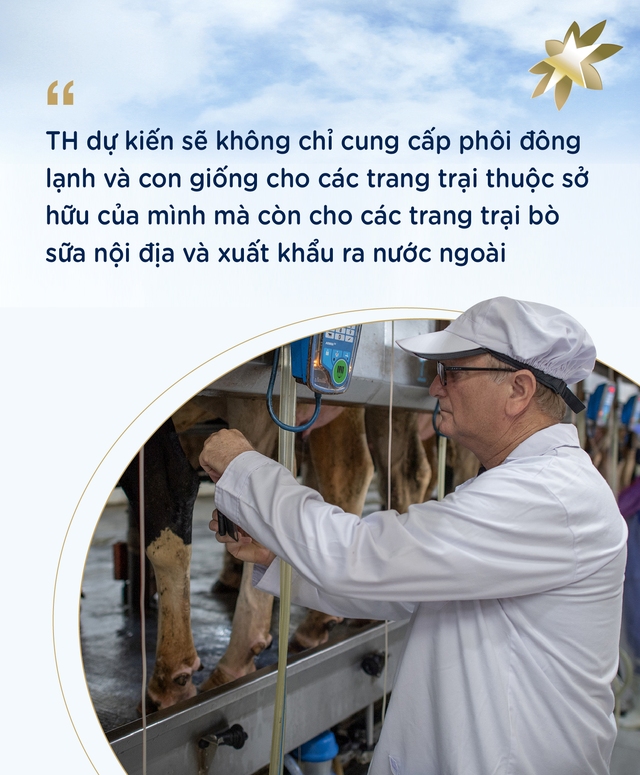
“The application of IVF technology has significant implications not only for TH Group but also for Vietnam’s dairy cow farming industry. The reason is that this technology will help fast breeding and actively produce dairy cows with costs only equal to 1/2 – 2/3 of imported dairy cows; reducing import costs; reducing diseases in cows imported from abroad; ensuring uniform quality of dairy cows,” emphasized Dr. Hoang Kim Giao.
In addition to productivity, dairy cows born from in vitro fertilization also have good adaptability to the hot and humid living conditions in Vietnam. The high-quality TH dairy cow population also contributes to promoting Vietnam’s dairy cow farming industry to have better outcomes thanks to higher milk productivity, better milk quality, and providing good dairy cow breeds for farmers nationwide…
Up to now, TH Group has implemented 24 batches of importing high-quality HF dairy cows from New Zealand and the US to Vietnam. With a successful IVF project, TH will master the technology to give birth to purebred HF dairy cows with the same high quality, milk productivity as the leading breeds in the US right in Vietnam.
With an initial plan to produce from 5,000 to 6,000 embryos per year, TH is expected to not only provide frozen embryos and breeds for its owned farms but also for domestic dairy cow farms and export abroad.
Mr. Gilad Efrat – Director of Veterinary and Cattle Health Care, TH Milk Food Joint Stock Company shared that with the IVF project, TH Group expects that the quality of dairy cow herds will be further improved through the selection of eggs from the best heifers in herds. In terms of genetic transmission, this is a huge step towards success. Effectively improving the genetic quality of herds through the IVF project at TH will contribute to significantly improving the quality of dairy cow herds in Vietnam in general, bringing many benefits to the dairy cow farming industry. In fact, once TH succeeds in mastering the technology for producing dairy cow embryos, becoming an expert in this field, it will be a significant achievement that contributes to ensuring national food security while enhancing Vietnam’s position on the world dairy cow farming map.





















